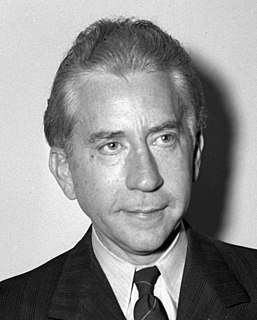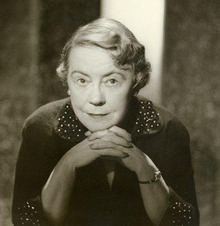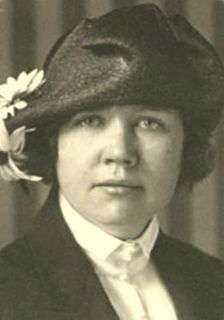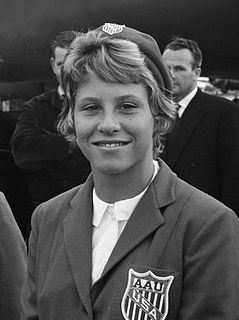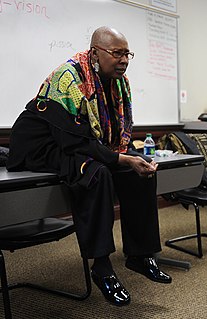A Quote by J. Paul Getty
The Roaring Twenties were the period of that Great American Prosperity which was built on shaky foundations.
Related Quotes
I looked back on the roaring Twenties - with its jazz, 'Great Gatsby,' and the pre-Code films - as a party I had somehow managed to miss. After World War Two, I expected something similar, a return to the period after the first war, but when the skirt lengths went down instead of up, I knew we were in big trouble.
Two deep human desires were at war ... the longing for stability, for form, for permanence, which in its essence is the desire for death, and the opposing hunger for movement, change, instability and risk, which are life. Men came from the east and built these American towns because they wished to go no farther, and the towns they built were shaped by the urge to go onward.
Trump's vision for America parallels greatly with the vision that Ronald Reagan used and he implemented to revive the country during a very similar time where we had a president who told us that we were in a time of malaise in the American economy and that things are just gonna be that way for a while. Reagan steps up in that great first inaugural address and says, "And why shouldn't we dream great dreams? After all, we're Americans." And the American people came roaring back, the American economy came back.
In the early years of the Roaring Twenties, American women not only won the right to vote but they also earned headlines along side their male counterparts during the Golden Age of American sports. Michael Bohn shares an engaging story of how two sports heroines, tennis player Helen Wills and swimmer Gertrude Ederle, helped embolden women to seek self-fulfillment by challenging the status quo.
The most important difference between these early American families and our own is that early families constituted economic unitsin which all members, from young children on up, played important productive roles within the household. The prosperity of the whole family depended on how well husband, wife, and children could manage and cultivate the land. Children were essential to this family enterprise from age six or so until their twenties, when they left home.
